
All the serial killer movies based on terrifying true stories
Serial killers and their unfathomable brutalities have inspired the horror genre as far back as Alfred Hitchcock’s 1960 film Psycho—which is loosely based on the heinous (and monstrously dehumanizing) serial murders of Ed Gein.
Though Hitchcock’s Psycho is a milestone for American cinema, German director Fritz Lang actually brought the serial killer genre to the limelight with his 1931 film M. A classic in the so-called “Golden Age” of early German cinema (or Kino), M holds up remarkably well as seen through the lens of a modern audience.
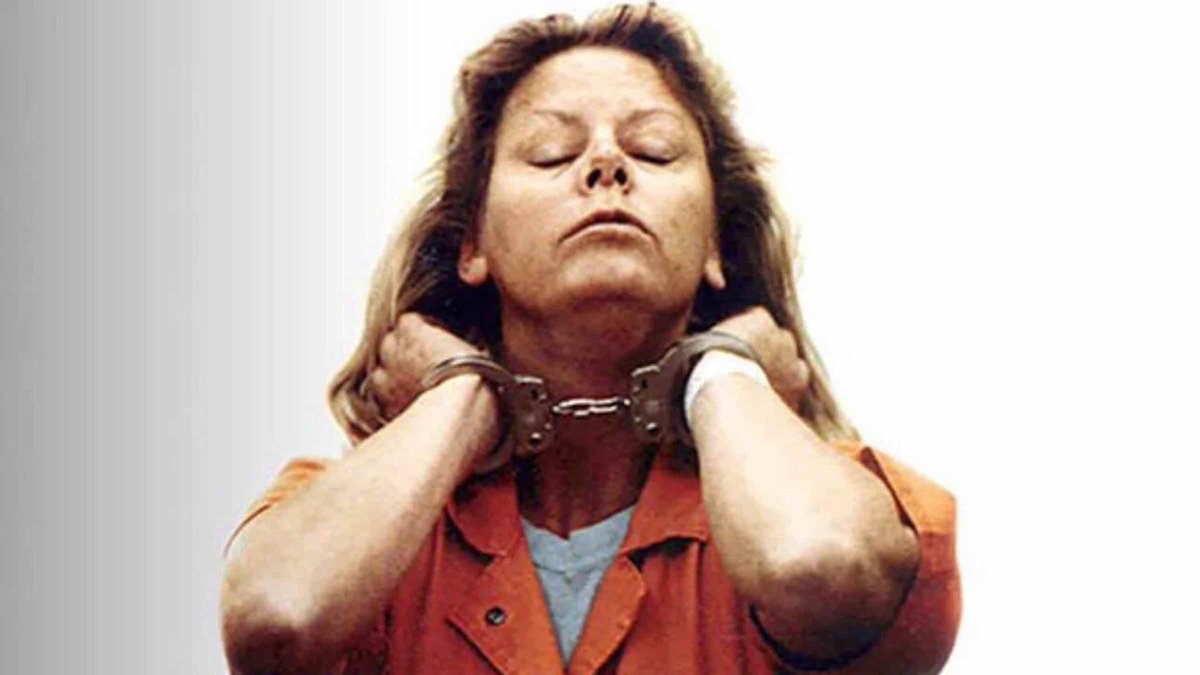
With that in mind, the allure of serial killers has spanned nearly a century in our cultural milieu, and as such, filmmakers continue to use real-life serial killers as enormous inspiration for their films.
Following in the footsteps of auteurs long-passed, these modern flicks inspired by clandestine killers have earned their place in the ranks of our favorite cinematic scaries.
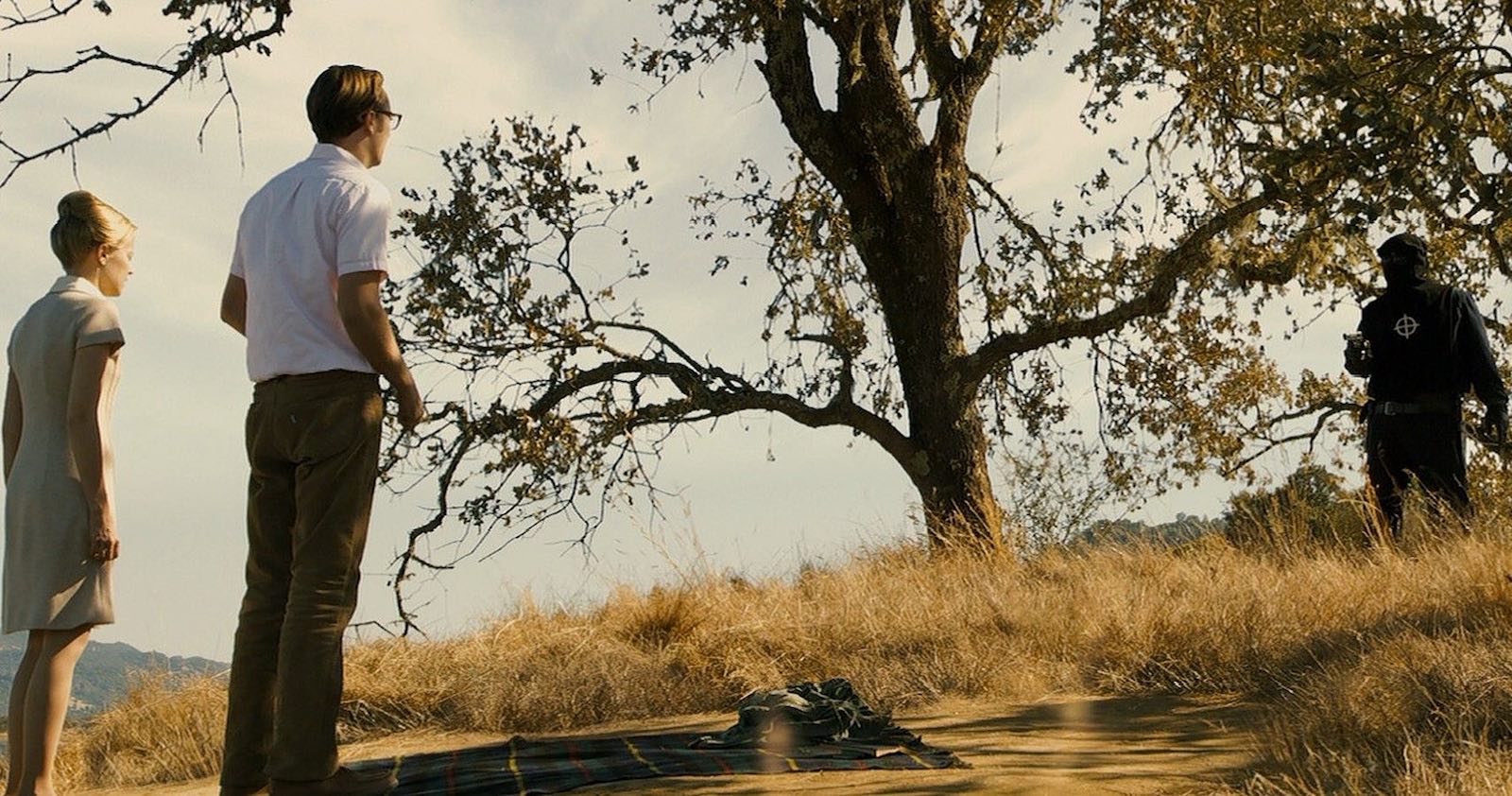
Zodiac (2007)
The most disturbing aspect of David Fincher’s Zodiac is that it’s based on a serial murderer who’s never been caught. Starring Jake Gyllenhaal, Mark Ruffalo, and Robert Downey Jr. in a wild manhunt in 1960s California, Zodiac aims to solve a case that we as an audience know is fruitless.
However, Fincher’s elegant style and pacing bring to life a case that has eluded criminal investigators for half a century, opting for artistic flair over the stale tropes often obscuring the crime film genre.
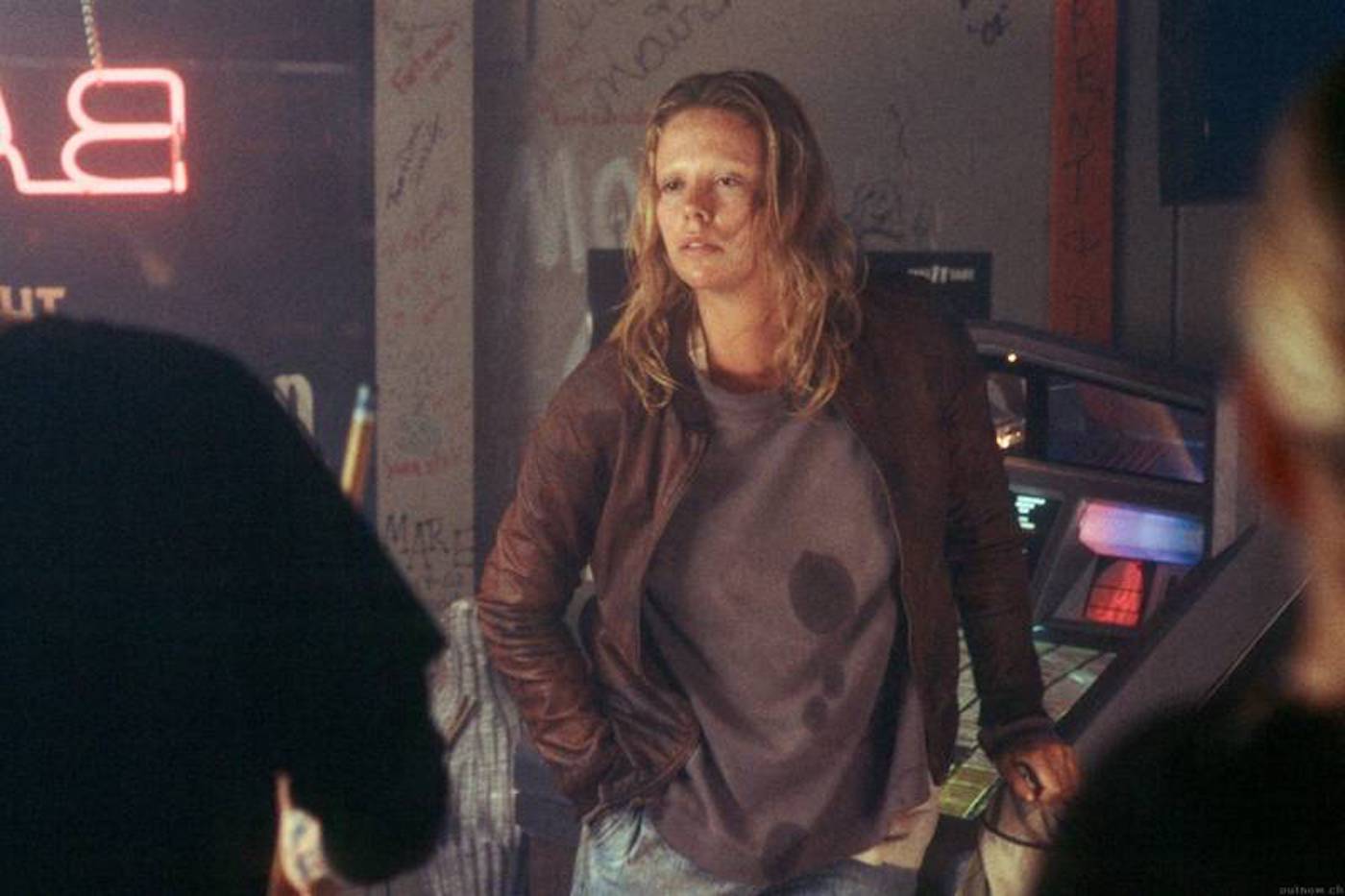
Monster (2003)
Charlize Theron’s performance in Patty Jenkins’ Monster encapsulates the desperation of real-life killer Aileen Wuornos. The tragedy of Wuornos’ life—a woman whose roadside prostitution turned far more sinister—is a superb take on the complexities of emotional trauma, and in the case of Wuornos, the irreversible acts that take place because of it.
Christina Ricci also stuns as Aileen’s naive lover and partner, making this already tragic story even more despairing.

Scream (1996)
Released during a major slump in the slasher subgenre, Wes Craven’s Scream is based on the murders of five college students by killer Danny Rolling in Gainesville, Florida.
Made to be a farce of the slasher film, Scream is meant to shift our perception of horror by calling attention to the defining tropes of the genre and then subverting them (and it does a damn fine job, might we add).
A masterfully crafted piece of metafiction, Scream is oozing with self-referential details and a hyperbolic rendering of a media-saturated culture—becoming one of the more socially critical films of the ‘90s.

Red Dragon (2002)
In Red Dragon, a prequel to The Silence of the Lambs and Hannibal, a former FBI agent played by Edward Norton asks convicted cannibal Hannibal Lecter for advice on how to track down a new serial killer.
Thomas Harries, who wrote the 1981 novel of the same name, said the character in question, Francis Dolarhyde, was based on real-life serial killer Dennis Rader.
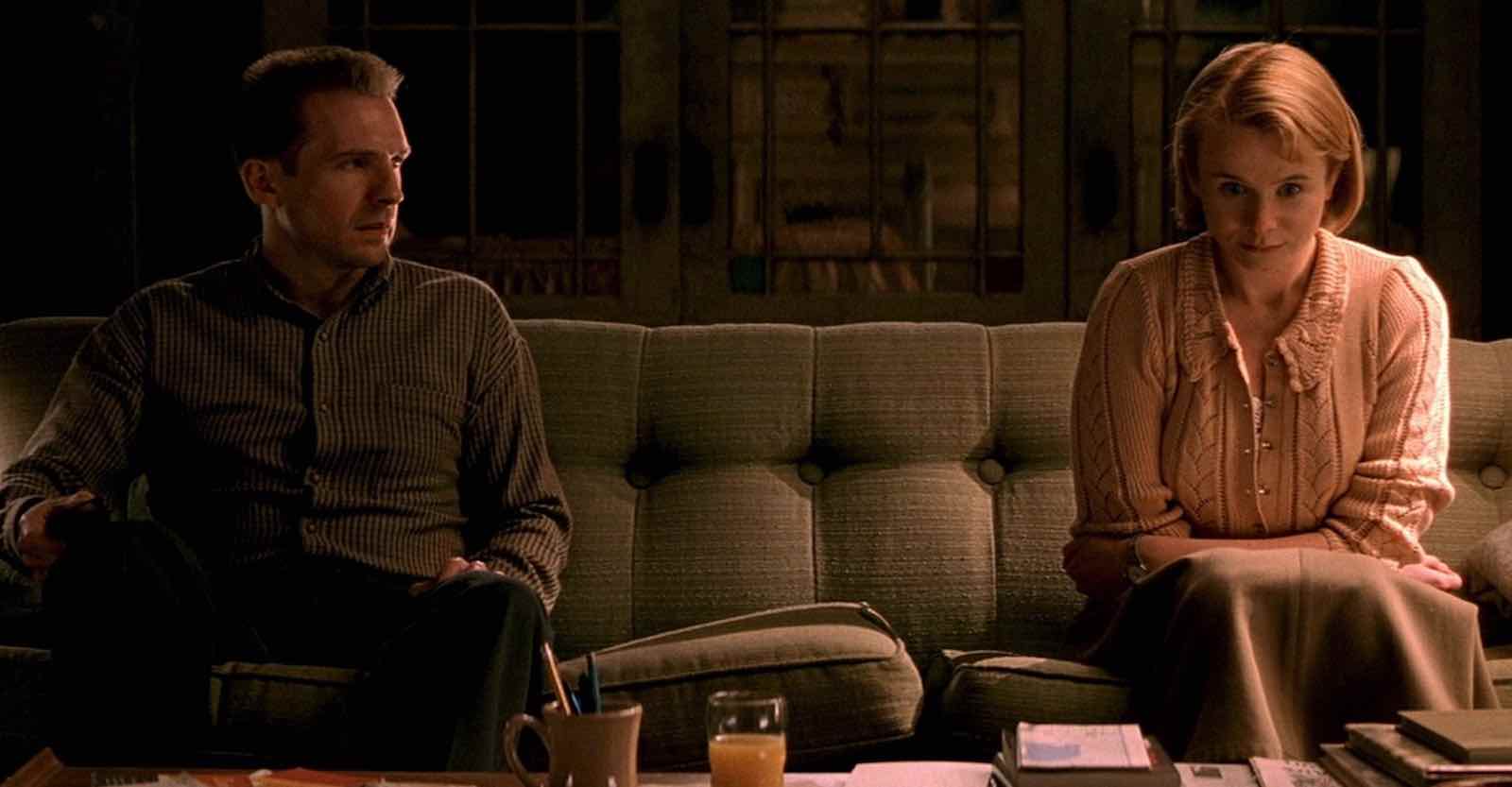
Identifying as the BTK Killer (Bind, Torture, Kill), Rader was an “average, suburban dad” with two children. He was also a Boy Scout troop leader, church council president, and in his spare time killed 10 people.
Photographing himself dressed in his victims’ underwear and practicing auto-erotic self-asphyxiation were just a couple of Rader’s kinks. Yikes.
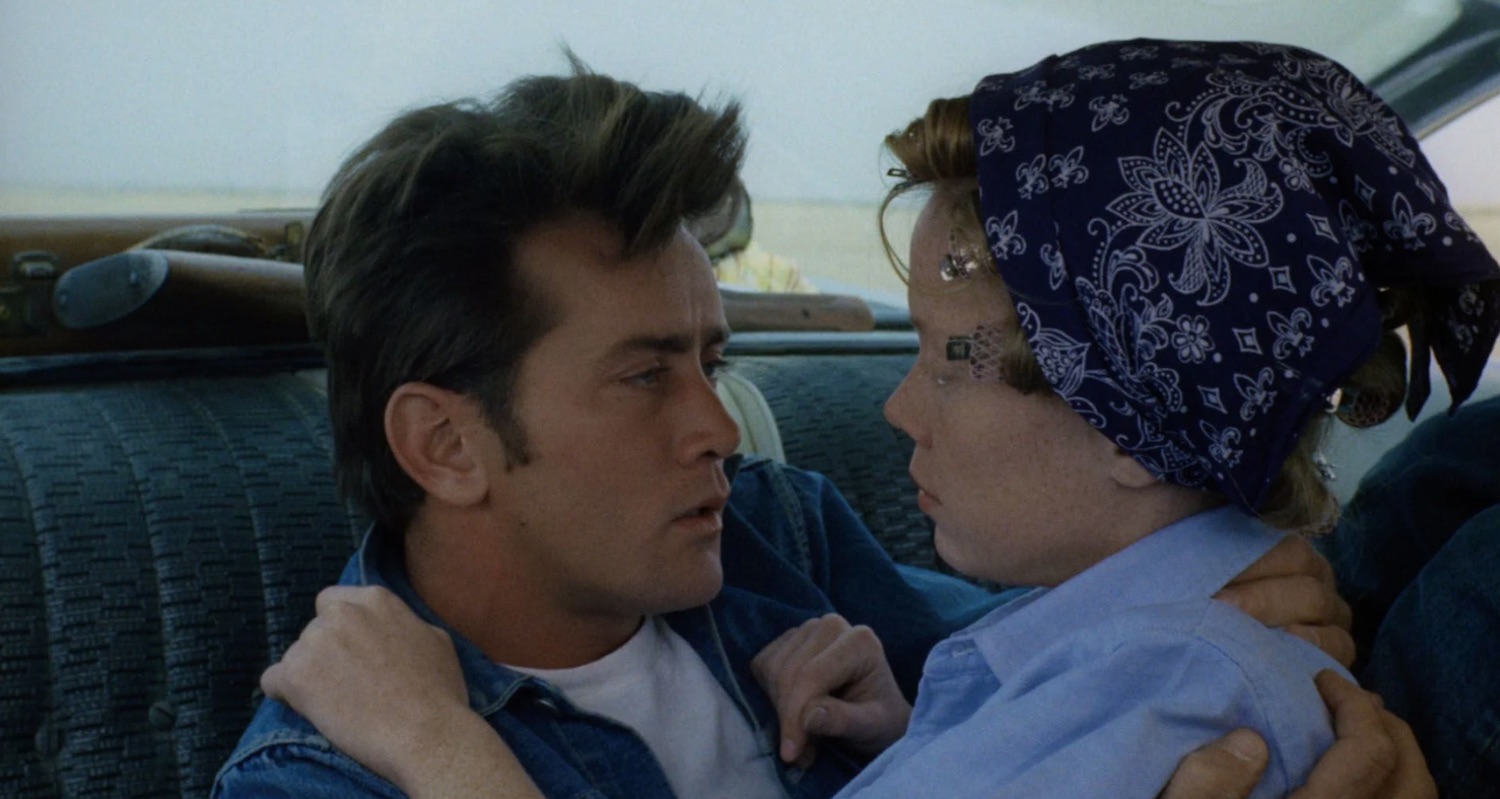
Badlands (1973)
Based in part on the true story of Charles Starkweather and Caril Ann Fugate—two teenage lovers whose 1958 murder spree made headlines across America—Badlands is Terrence Malick’s formidable first film.
Starring Martin Sheen and Sissy Spacek, Badlands introduces many of the stylistic elements that Malick has come to be known for, including: juxtaposition of human violence and natural beauty, and enigmatic narrative style.







